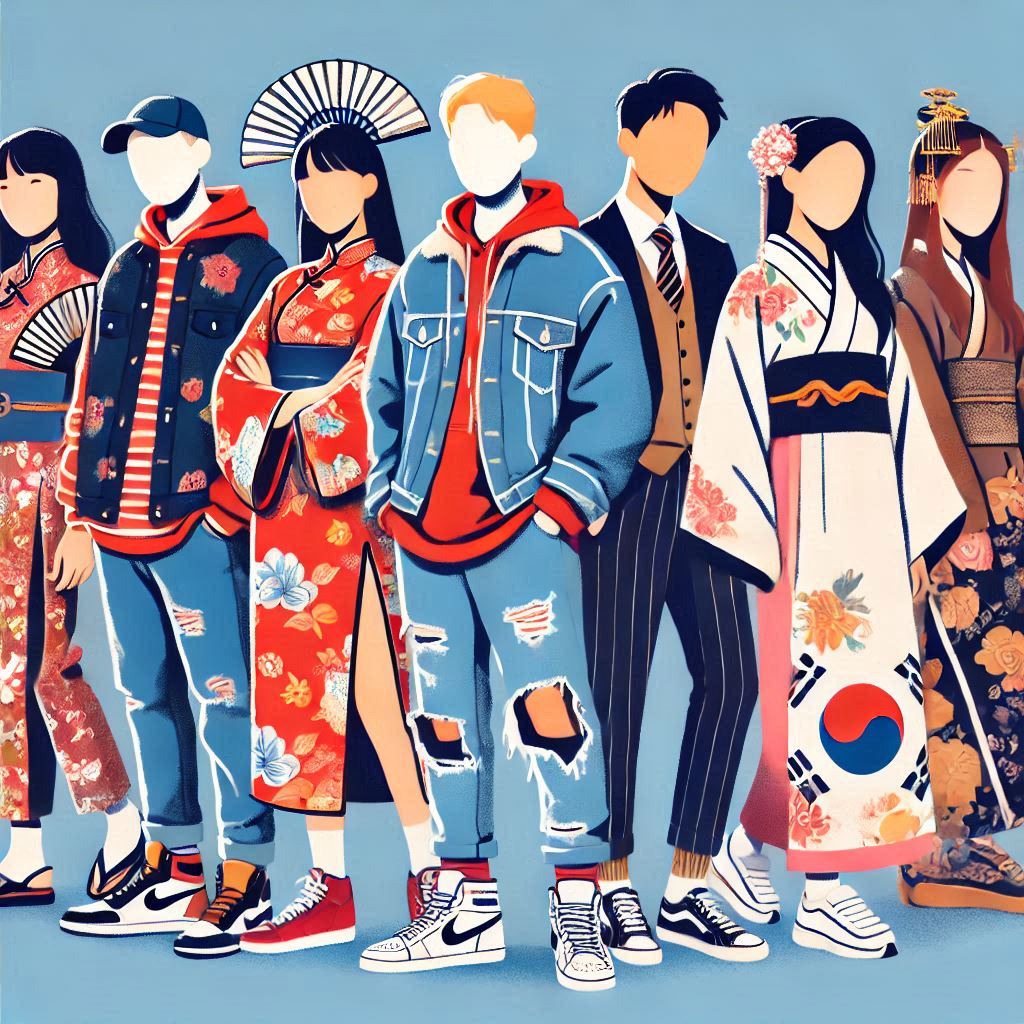為何亞洲人想要整型成西方人
許多亞洲人選擇整型以追求更接近西方審美的外貌,這種現象可從歷史、文化和社會因素中找到解釋。首先,西方的審美標準在全球影響深遠,尤其在近現代,西方文化透過殖民主義、全球化和媒體主導世界潮流。在亞洲社會中,「白皙肌膚、高挺鼻梁、深邃眼窩」等特徵長期被視為美的象徵,並與成功、現代化以及國際化形象聯繫在一起。因此,整型手術成為許多人模仿這些特徵的一種方式。
此外,亞洲部分國家(如韓國、日本、中國等)受儒家文化影響,對外表和社會地位的重視極高。在競爭激烈的職場和社會中,擁有「更符合主流審美的外貌」被認為可能帶來更多機會,無論是求職、婚姻還是社交關係。因此,許多人選擇整型,不僅是為了提升個人自信,也是迎合社會的期待。這種現象的優點包括:
1. 提升個人信心:外貌的改變往往讓人感到更有自信,從而在社交場合或職場中表現更好。
2. 改善職場與社會機會:研究顯示,符合主流審美的人往往在面試、晉升甚至日常互動中更容易受到正面回應。
3. 迎合國際化需求:一些人認為,接近西方審美的外貌能更容易融入國際環境或吸引來自不同文化背景的人。
然而,這也帶來了顯著的缺點和挑戰:
1. 文化認同的削弱:大量模仿西方審美可能導致亞洲人對自身傳統特徵的認同感下降,甚至對民族美感產生負面看法。這對文化多樣性是種潛在威脅。
2. 身體與心理風險:整型手術畢竟涉及醫療風險,術後可能產生副作用或不滿意的結果,進而影響心理健康。
3. 強化單一美學標準:過度追求某一種審美會讓社會忽視其他多樣化的美,進一步加劇外貌焦慮和自我否定。
總而言之,許多亞洲人追求「白人樣貌」的現象反映全球化、媒體與文化價值觀的影響。雖然整型能帶來外貌上的變化與某些好處,但也需要謹慎思考其對個人身心健康及文化認同的深遠影響。
Many Asians choose plastic surgery to pursue appearances closer to Western beauty standards, a phenomenon that can be explained through historical, cultural, and social factors. Firstly, Western beauty ideals have had a profound global influence, particularly in modern times, as Western culture has shaped global trends through colonialism, globalization, and media dominance. In Asian societies, features such as "fair skin, high nose bridges, and deep-set eyes" have long been regarded as symbols of beauty, often associated with success, modernization, and an international image. Consequently, plastic surgery has become a way for many to emulate these characteristics.
Additionally, in some Asian countries like South Korea, Japan, and China, Confucian cultural values place great emphasis on appearance and social status. In competitive workplaces and societies, having a "more mainstream appearance" is often perceived as offering greater opportunities, whether in employment, marriage, or social interactions. As a result, many undergo plastic surgery not only to boost personal confidence but also to meet societal expectations.
This phenomenon has several advantages:
Boosting Personal Confidence: Changes in appearance often make individuals feel more confident, enhancing their performance in social settings or the workplace.
Improving Career and Social Opportunities: Research indicates that individuals who align with mainstream beauty standards tend to receive more positive responses in interviews, promotions, and daily interactions.
Catering to Globalization: Some believe that having a more Westernized appearance makes it easier to integrate into international environments or attract people from diverse cultural backgrounds.
However, it also presents significant drawbacks and challenges:
Erosion of Cultural Identity: Widespread emulation of Western beauty standards may diminish Asians' appreciation of their traditional features, potentially fostering negative perceptions of their ethnic aesthetics and threatening cultural diversity.
Physical and Psychological Risks: Plastic surgery involves medical risks, and post-surgery dissatisfaction or complications can negatively impact mental health.
Reinforcement of a Singular Beauty Standard: Excessive pursuit of a particular aesthetic can lead to societal disregard for diverse forms of beauty, exacerbating appearance-related anxiety and self-esteem issues.
In summary, the pursuit of "Caucasian-like appearances" among many Asians reflects the influence of globalization, media, and cultural values. While plastic surgery can bring changes in appearance and certain benefits, it is essential to carefully consider its long-term impacts on personal well-being and cultural identity.
.jpg)
.jpg)

照片:DALLE3
- 1
- 2
- 3
- 4
